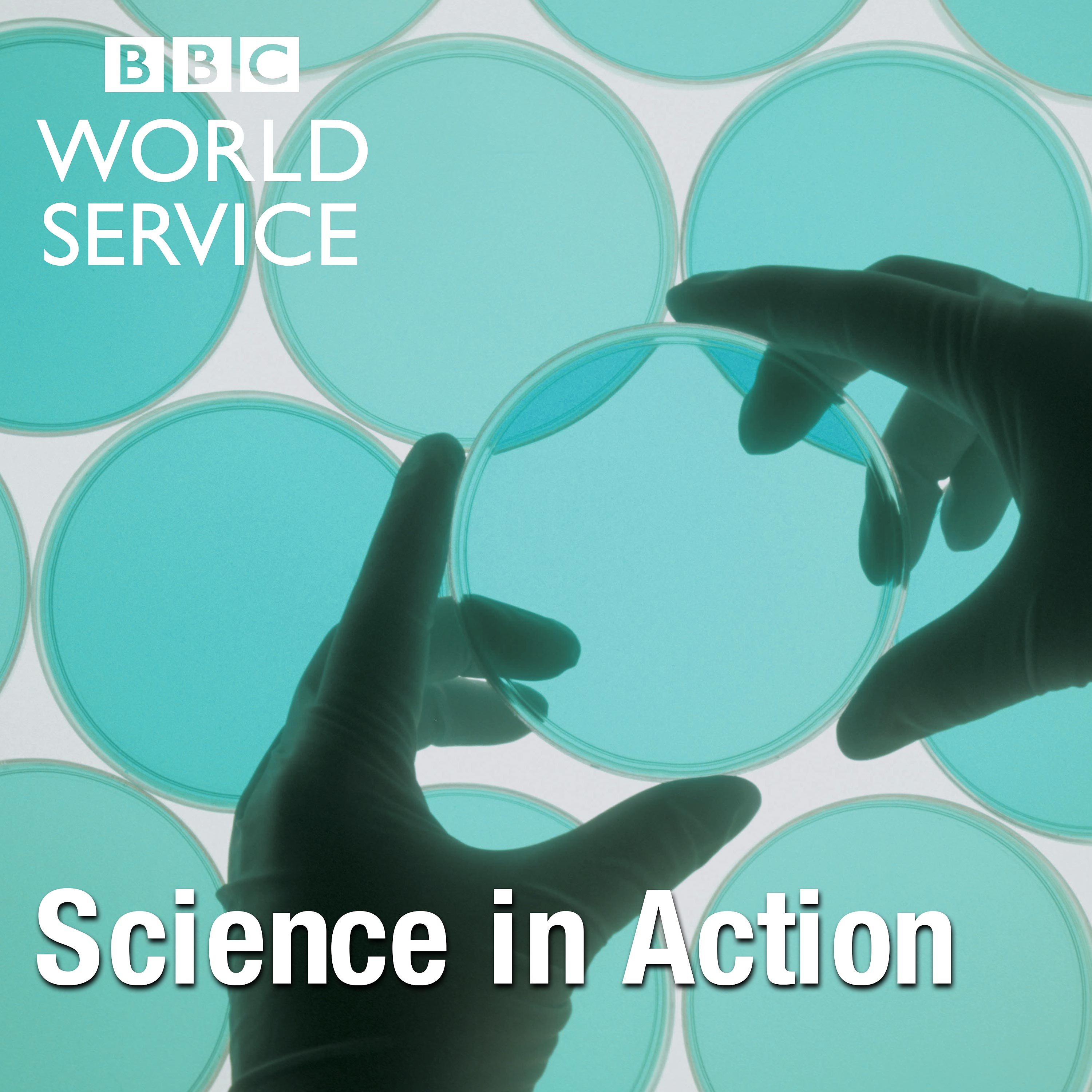Should we mine the deep sea?

The first license of its kind has been granted for deep-sea mining. It will be used to run early tests to see whether the seabed could be good place to harvest rare earth materials in the future. These earth minerals are what powers much of our modern technology, and the demand is growing year on year.
The license raises ethical questions about whether anyone has ownership over the seabed, and whether we could be disrupting ecosystems under the sea in doing so. We have two experts joining us to discuss the scientific implications. They are marine biologist, Dr Helen Scales and Bramley Murton from the National Oceanographic Centre, Southampton University.
Also on the programme, we build on last week\u2019s discussion about growing opportunities for researchers on the African continent. We look at how programmes of genomic sequencing are offering opportunities for Africa-based researchers, that haven\u2019t been available before.
And lastly, we talk to Thilo Kreuger, a PhD student at Curtin University, Western Australia, who\u2019s behind the discovery of a whole new species of carnivorous plants. We discuss what it\u2019s like fulfilling a lifelong dream to discover more about these spectacular plant species.
(Image: The Metals Company plans to mine the seafloor for these nodules containing nickel, cobalt, and manganese in the Clarion Clipperton Zone of the Pacific Ocean. (Carolyn Cole / Los Angeles Times via Getty Images)
Presenter: Roland Pease\nProducer: Harrison Lewis, Robbie Wojciechowski